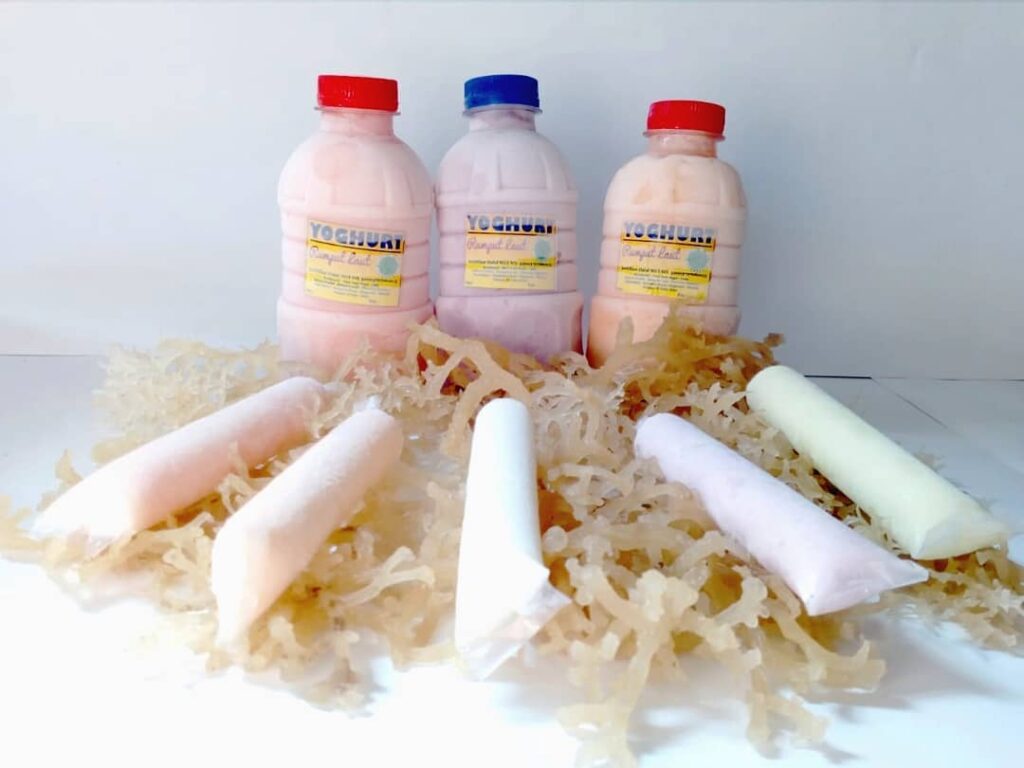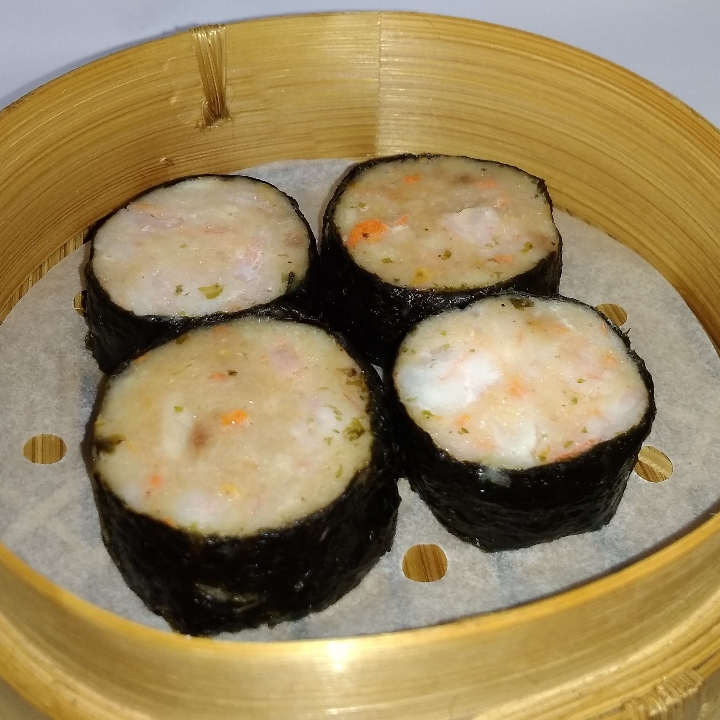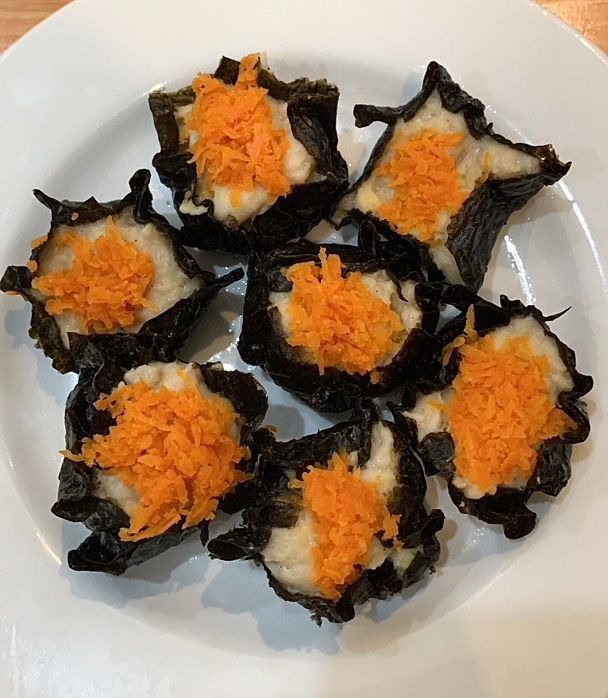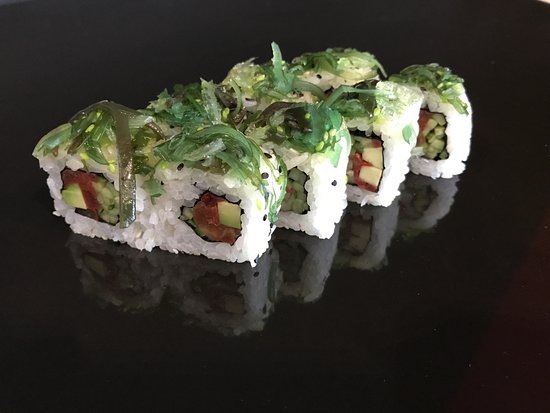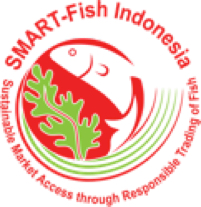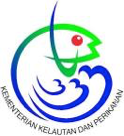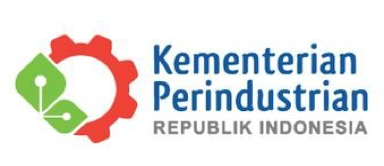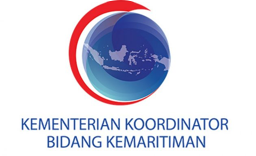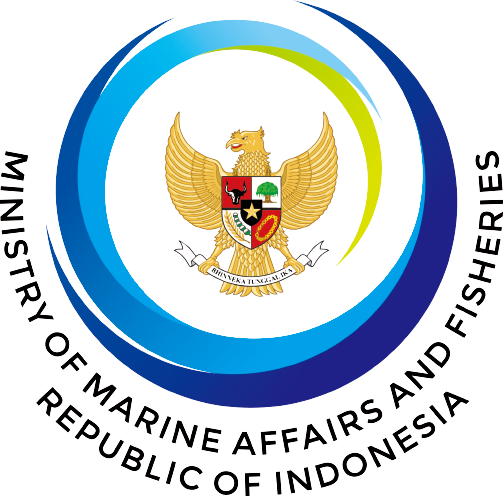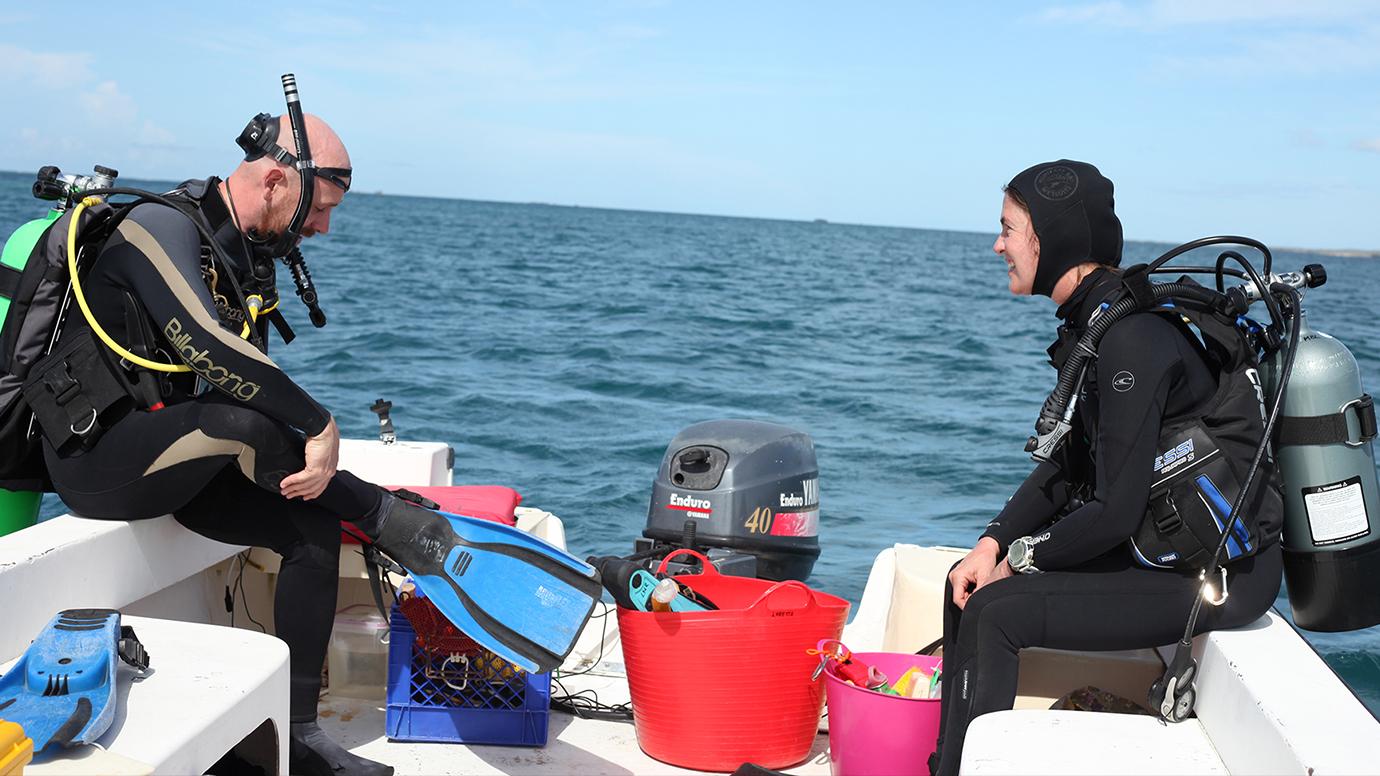
Marine Biological Laboratory Tests First Tropical Seaweed Farm in Puerto Rico
Ateam of researchers led by Loretta Roberson, associate scientist at the University of Chicago-affiliated Marine Biological Laboratory in Woods Hole, Massachusetts, has installed the first seaweed farm in Puerto Rico and U.S. tropical waters.
The farm is intended to test a system for offshore cultivation of tropical seaweeds to support large-scale production of biomass for biofuels and other products.
“Puerto Rico has stable warm temperatures and ample sunlight year-round, as well as a wide range of exposure to prevailing winds and waves,” said Roberson, the lead principal investigator on this research effort. “These conditions make its southern coastline an ideal test bed for exploring how environmental conditions influence the biological, physiological, and chemical properties of cultivated macroalgae, as well as the impact of seaweed farms on the surrounding environment.”
Additional farms are being tested in Florida and Belize to assess how easy it is to scale up the size of farm operations.
Scientists are interested in seaweed farms because such farms may be able to reduce ocean acidification by pulling carbon dioxide out of the water, as well as pollutants like excess nitrogen and phosphorus from agricultural runoff.
Growing large amounts of seaweed would not compete with land-based food crops, requires no fresh water, and can be grown without the addition of energy-intensive fertilizers. Additionally, a domestic industry could not only create a valuable new source of bioenergy, but also create new economic and employment opportunities in many waterfront communities along the U.S. coasts, from Maine to the Gulf of Mexico, Alaska and the Pacific Islands.
Unlike kelp cultivation, which is usually seasonal, tropical seaweed farming can support year-round harvesting.
The researchers are currently targeting commercially valuable red algal eucheumatoid species, which are primarily cultivated in East Africa and Asia. To date, eucheumatoids have been difficult to propagate in a cost-effective manner and production has been limited to easily accessible areas near shore.
In addition to developing the best methods for cultivating these species in offshore environments, the project team seeks to further quantify the ecosystem benefits associated with farming. These likely include providing habitat for a variety of marine species and improving water quality by removing excess nutrients and buffering pH.
“Facilitating research of this nature will be key for the development of sustainable aquaculture in this area,” said Roberson. “We have tested similar farm designs in New England and Alaska, but this will be the first test of the array in warm tropical waters where we expect higher fouling rates from other marine organisms, UV damage, and threats from hurricanes.”
The research team includes experts in ocean farm systems design, modeling of nutrient dynamics in ocean systems, environmental impact assessment and stakeholder engagement, and economic analysis.
The team members are affiliated with an additional 16 organizations: Caribbean Coastal Ocean Observing System; University of Puerto Rico, Mayagüez; University of Puerto Rico, Río Piedras; Woods Hole Oceanographic Institution; C.A. Goudey & Associates; Tend Ocean; University of Connecticut Stamford; Cascadia Research Collective; Center for Research and Advanced Studies of the National Polytechnic Institute Merida; Makai Ocean Engineering; Pacific Northwest National Laboratory; Rutgers University; The Nature Conservancy; Two Docks Shellfish LLC; University of California, Irvine; and University of California, Santa Barbara.
As the site is the first of its kind in the region, authorizations were required from numerous agencies including the U.S. Army Corps of Engineers, the U.S. Coast Guard, and the Puerto Rico Department of Natural and Environmental Resources.
Source: https://news.uchicago.edu/story/marine-biological-laboratory-tests-first-tropical-seaweed-farm-puerto-rico
